A Level Film Studies
Curriculum overview for A Level Film Studies
Curriculum intent – the knowledge, understanding and skills that students will learn
Film is one of the main cultural innovations of the 20th century and a major art form of the last hundred years. A Level Film Studies consequently makes an important contribution to the curriculum, offering the opportunity to investigate how film works both as a medium of representation and as an aesthetic medium. The WJEC Eduqas specification is designed to introduce A level students to a wide variety of films in order to broaden their knowledge and understanding of film and the range of responses films can generate. There are opportunities to study mainstream American films from the past and the present, as well as a range of recent and contemporary British films, American independent films and global films, both non-English language and English language. The historical range of film represented in those films is extended by the study of silent film and significant film movements so that students can gain a sense of the development of film from its early years to its still emerging digital future. Studies in documentary, experimental and short films add to the breadth of the learning experience. A Level Film Studies aims to enable students to demonstrate knowledge and understanding of a diverse range of film, including documentary, film from the silent era, experimental film and short film, as well as the significance of film and film practice in national, global and historical contexts. We also examine film and its key contexts (including social, cultural, political, historical, and technological), how films generate meanings and responses, film as an aesthetic medium, and the different ways in which spectators respond to film.
Curriculum implementation – teaching, learning and assessment strategies
The teaching strategies for this course focus on a combination of direct instruction, group discussions, practical workshops, and film screenings. Direct instruction introduces theoretical concepts and cinematic techniques, enhanced by multimedia resources. Group discussions and collaborative work encourage peer-to-peer learning, where students critically engage with films, directors, and movements. Practical workshops provide hands-on experience with industry-standard equipment, allowing students to apply theoretical knowledge creatively. A flipped classroom approach fosters independent learning, with pre-assigned readings or films that prepare students for deeper classroom discussions. The course has an emphasis on independent research and critical thinking: students are encouraged to undertake research on film theory and production, and engage in critical discourse through analytical writing. Practical tasks, such as short film projects, allow students to experiment with cinematic techniques and reflect on their creative processes. Skill development is scaffolded, with tasks increasing in complexity over time. Assessments include short essays, peer-reviewed presentations, and practical filmmaking task, with final assessments consisting of written examinations (70%) and a creative coursework project (30%). Mock exams and practice papers prepare students for final exams, and regular progress tracking ensures targeted interventions to support student success. This comprehensive approach balances theoretical learning with practical application and critical reflection.
Curriculum impact – intended outcomes for students
The Eduqas WJEC A Level Film Studies course is designed to foster a deep and comprehensive understanding of film as an art form, a cultural product, and a significant medium of communication. The curriculum is rigorous and broad in scope, enabling students to engage critically and creatively with the film industry, both in terms of film theory and practical application. The intended outcomes for students completing the course align with the broader aims of developing analytical thinking, fostering creativity, and equipping students with transferable skills applicable in a variety of professional and academic contexts. Students will gain a sophisticated understanding of a wide range of films from different periods, genres, and cultures. This includes films from Hollywood, global cinema, documentary, experimental, and silent films, which will enable them to critically evaluate film as both a product of specific contexts and as a universal language of communication. Students will also broaden their understanding of how social, political, and historical forces shape the production, distribution, and reception of film. The course encourages an appreciation for the diversity of global cinema, promoting an awareness of different filmmaking traditions and movements that transcend the boundaries of mainstream Hollywood cinema. Through coursework, students will engage in the planning, production, and editing processes and demonstrate technical competence in using camera, sound, and editing equipment, working on film projects. This combination of practical skills and theoretical knowledge ensures students are well-equipped for further study or careers in the creative industries. Through this course, students are prepared for further academic study in film, media, and the arts at university level. The analytical, research, and creative skills developed through the course will also provide a solid foundation for careers in the film industry, media production, journalism, marketing, and education. The course also equips students with transferable skills such as time management, problem-solving, teamwork, and technical proficiency, all of which are valued in various professional fields.
Course overview for A Level Film Studies
Exam board: Eduqas - https://www.eduqas.co.uk/media/sxdcwwck/eduqas-a-level-film-studies-spec-from-2017-e-14-08-2023.pdf
Coursework: Yes – 30% of the qualification
Component 1: Varieties of film and filmmaking (35% of qualification)
Section A: Hollywood 1930-1990 (comparative study):
Section B: American film since 2005 /2012 (two-film study)
Section C: British film since 1995 (two-film study)
Component 2: Global filmmaking perspectives (35% of qualification)
Section A: Global film (two-film study)
Section B: Documentary film
Section C: Film movements – Silent cinema
Section D: Film movements – Experimental film (1960-2001)
Component 3: Production Coursework (Non-Exam assessment) (30% of qualification)
This component assesses one production (40 marks) and an evaluative analysis (20 marks). Students produce:
• Either a short film (4-5 minutes) OR a screenplay for a short film (1600-1800 words) with a photographed storyboard of a key section of the screenplay
• An evaluative analysis (1600 - 1800 words).
